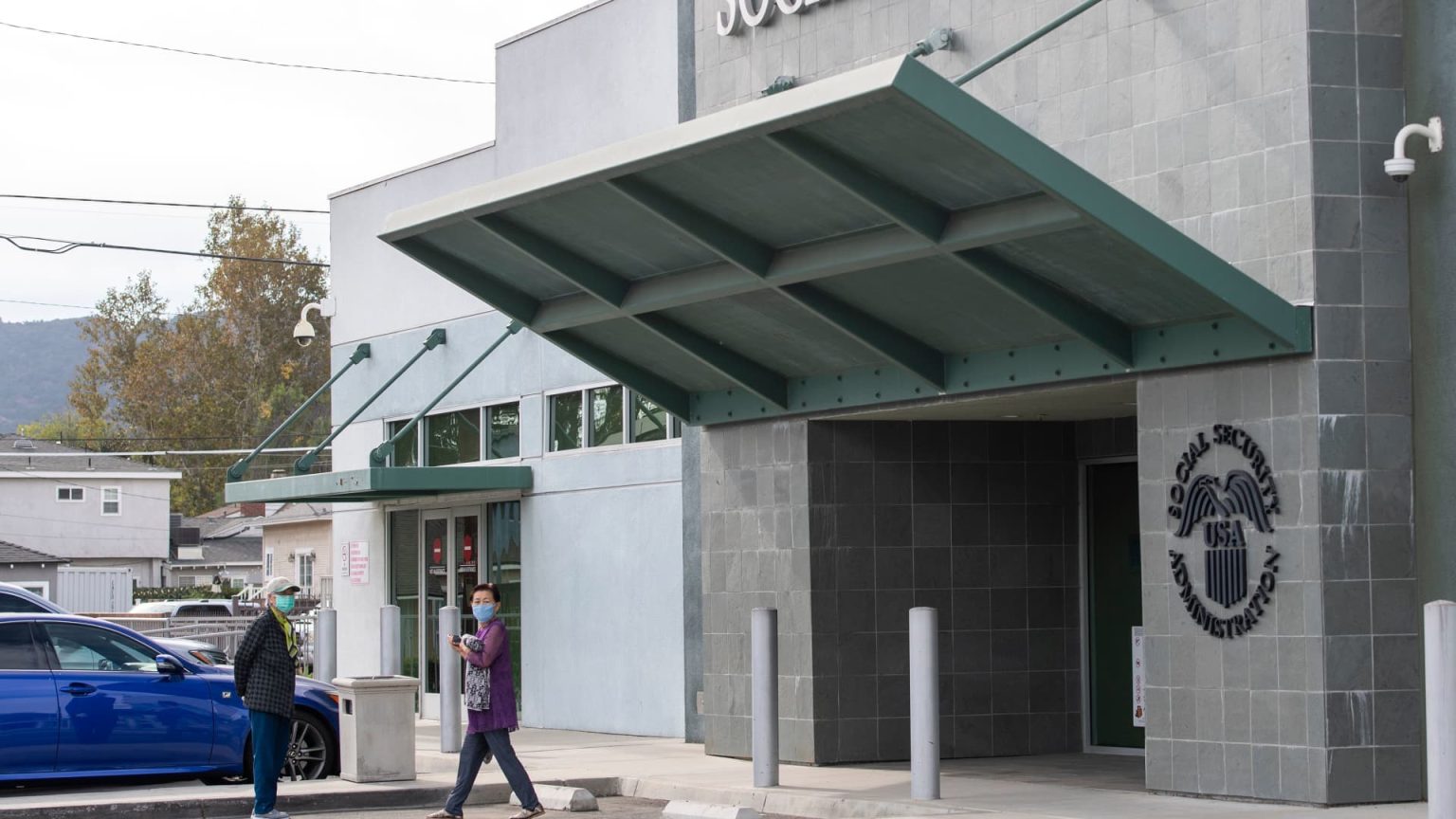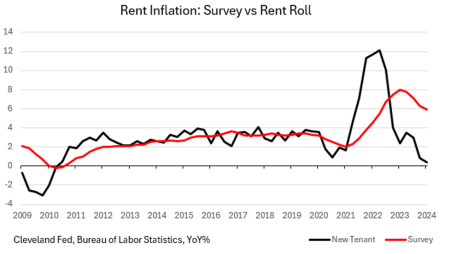The annual trustees’ report for Social Security was released, projecting the trust funds would run out in 2035, one year later than previously projected. On the depletion date, 83% of benefits would be payable if no action is taken by Congress. The slightly improved outlook is credited to more people contributing amid a strong economy, low unemployment, and higher job and wage growth. Social Security Commissioner Martin O’Malley emphasized the importance of extending the trust fund’s solvency, providing peace of mind to beneficiaries and workers alike.
The combined trust funds of Social Security help pay benefits beyond what is collected through payroll taxes. The two trust funds, one for retired workers and survivors, and the other for disability benefits, have distinct projected depletion dates. The retired workers fund is projected to last until 2033, with 79% of scheduled benefits potentially payable, while the disability fund is projected to pay full benefits until at least 2098. Meanwhile, Medicare’s trust funds, particularly the Hospital Insurance Fund, are seeing an improvement in solvency projections, extending the depletion date to 2036.
While the new projected depletion dates provide lawmakers with slightly more time, experts stress the urgency of addressing the solvency of both Social Security and Medicare sooner rather than later. AARP has indicated that reductions in Social Security benefits are frightening for older Americans who rely on this income. The organization urges Congress to act in a bipartisan manner to secure the future of these vital programs. Prospective changes could involve tax increases, benefit cuts, or a combination of both to ensure the long-term sustainability of Social Security and Medicare.
The worsening status of Social Security’s trust funds compared to past projections highlights the need for reform. Between 1983 and 2000, the disparity in wage growth between high earners and lower-income workers has negatively impacted the program. Democrats and Republicans suggest different approaches to addressing the issues, with Democrats proposing tax increases on the wealthy and more generous benefits, and Republicans advocating for bipartisan commissions. Despite the annual updates on the status of these programs, Congress has yet to take significant action.
Maya MacGuineas of the Committee for a Responsible Federal Budget warns of the dire consequences of inaction, stating that the warnings about the programs’ fiscal health have been ignored for decades. She notes the lack of progress towards solutions as the deadline approaches. The potential reforms needed to ensure the future of Social Security and Medicare are likely to involve difficult choices that will require bipartisan cooperation and a commitment to securing these vital programs for current and future generations.















